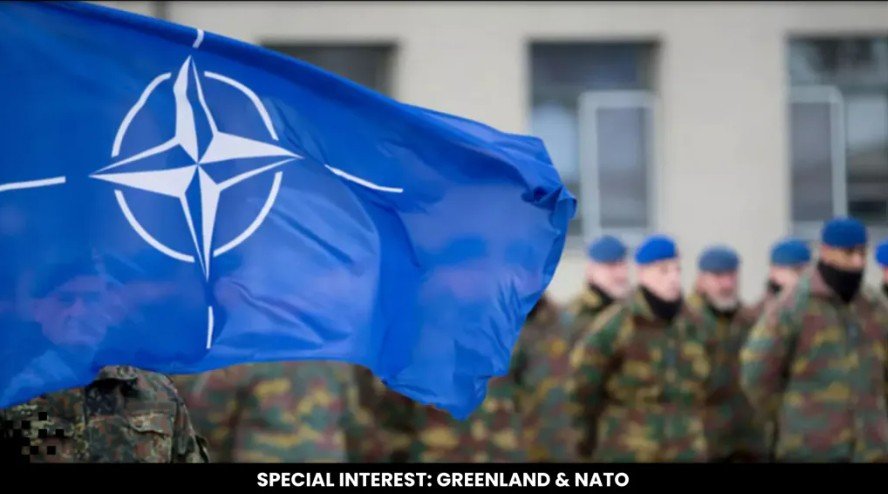“Operation Sindoor” involved missile strikes on terror bases in Pakistan and Pakistan-Occupied Kashmir (PoK) in response to the April 22, 2025, Pahalgam terror attack that killed 26 civilians.
The Pahalgam Terror Attack
On April 22, 2025, a terrorist attack in the Baisaran Valley near Pahalgam, Jammu and Kashmir, killed 26 civilians, including 25 Indians and one Nepali national. The attackers, identified as five armed militants, targeted tourists, with most victims being Hindu, though a Christian tourist and a local Muslim were also killed. The Resistance Front (TRF), linked to the Pakistan-based Lashkar-e-Taiba (LeT), claimed responsibility, citing opposition to Indian policies allowing non-Kashmiris to settle in the region. Indian authorities alleged Pakistan’s involvement, pointing to forensic evidence suggesting support from operatives in Muzaffarabad and Karachi. The attack, one of the deadliest on Indian civilians since the 2008 Mumbai attacks, prompted widespread calls for retaliation in India.
Operation Sindoor
On May 7, 2025, India conducted “Operation Sindoor,” launching 24 precision missile strikes on nine terror bases in Pakistan and PoK. The operation targeted strongholds of Jaish-e-Mohammad (JeM) in Bahawalpur and LeT in Muridke, among others. India’s Ministry of Defense described the strikes as precise, targeting only terror infrastructure and avoiding Pakistani military facilities to prevent escalation. Reports suggest over 70 terrorists were killed, with significant damage to terror camps, though Pakistan reported civilian casualties, including at least nine deaths and 38 injuries.
Pakistan’s Response
Pakistan strongly condemned the strikes, with Prime Minister Shehbaz Sharif calling them an “act of war” and asserting Pakistan’s right to respond. Pakistani authorities reported civilian casualties, including damage to a mosque in Muzaffarabad, and initially claimed to have shot down Indian jets, a statement later withdrawn. Pakistan retaliated with artillery fire along the Line of Control (LoC), which India reported caused at least three civilian deaths. Pakistani officials, including Defense Minister Khawaja Asif, denied the presence of terror camps at the targeted sites, describing India’s actions as unprovoked aggression.
Global Reaction
The United Nations, via Secretary-General António Guterres, urged both nations to exercise restraint, warning of the risks of a broader conflict. China and the UAE called for de-escalation, while Israel’s Ambassador to India, Reuven Azar, endorsed India’s right to self-defense. US President Donald Trump described the situation as “unfortunate,” with Secretary of State Marco Rubio engaging in diplomatic talks with both sides.
Kashmir and Historical Tensions
The current tensions are part of the decades-long Kashmir conflict, which has led to multiple wars and skirmishes since 1947. India accuses Pakistan of supporting militant groups like LeT and JeM, responsible for attacks like Uri (2016), Pulwama (2019), and now Pahalgam. Pakistan denies these allegations, asserting it provides only “diplomatic and moral support” to Kashmiris. The Pahalgam attack’s focus on civilians, particularly tourists, distinguishes it from prior attacks on security forces, intensifying India’s response.
Operation Sindoor follows previous Indian retaliatory actions, such as the 2016 surgical strikes and 2019 Balakot airstrikes. Its scale—targeting multiple sites in both PoK and mainland Pakistan—and the use of advanced weaponry, including SCALP missiles and Rafale jets, reflect a significant military operation.




